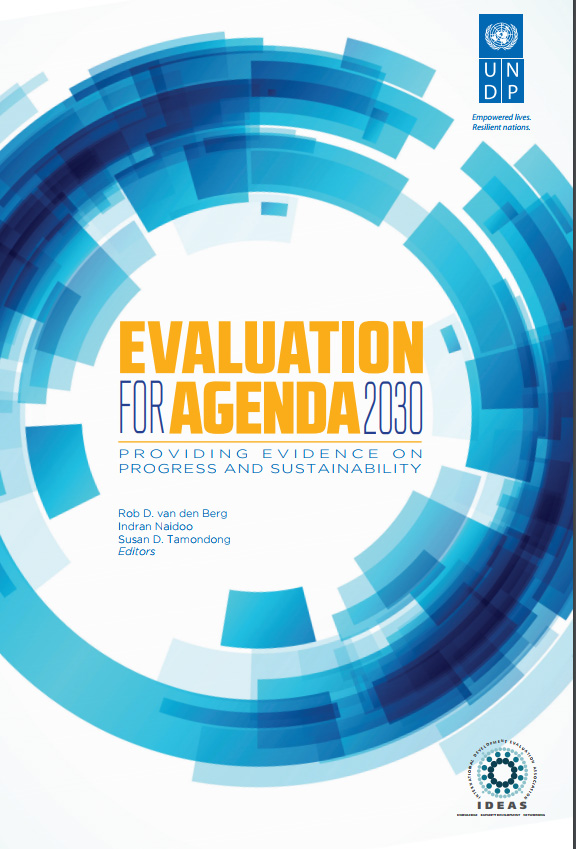Background
This book provides an overview of some of the crucial transformations we see in development, and how evaluation plays an important role in these changes. First and foremost is the shift from donor-centric evaluation to country systems for monitoring and evaluation that can provide evidence for decision making in these countries. The chapters in part I make important points on how evaluation contributes to some of the most significant issues of our time, such as inclusive societies, reducing the carbon footprint of our economies, and gender and equity. Capacities and capabilities for evaluation of progress toward the SDGs are explored in part II. Part III is devoted to regional and national perspectives, underscoring that evaluation is becoming increasingly relevant to countries’ development priorities in many regions of the world. Part IV deals with safeguards and resettlement, and demonstrates the negative impacts of development displacement that governments need to be aware of. The book’s last part addresses some of the enduring problems of evaluation: how to evaluate impact in complex circumstances; how to evaluate new partnerships and new forms of private sector involvement, such as social and environmental impact investing.

